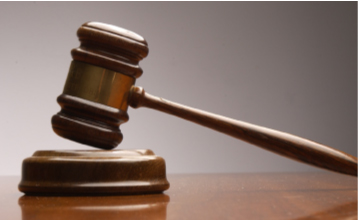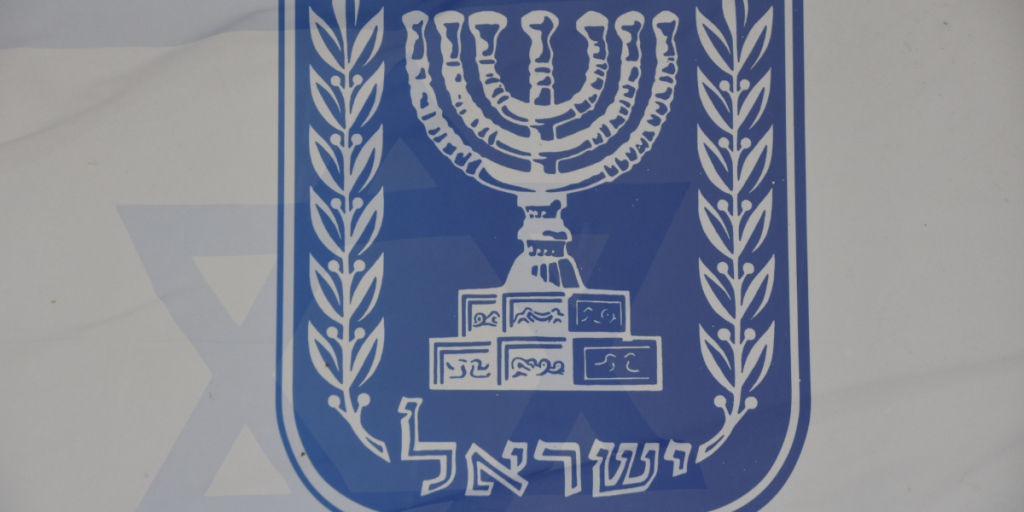The International Criminal Court gives up on its prosecution of Kenyan president Uhuru Kenyatta. Kenya unlike many other countries is a member of the court. This shows that supposed international norms have not been “internalized” by the “international community” the way many human-rights activists and scholars have claimed.
The International Criminal Court earlier this month suffered its biggest setback since its establishment at the turn of the century amid hopes that soft power and legalism could deter atrocities. The court’s chief prosecutor announced that she was shelving the prosecution of Uhuru Kenyatta, accused of abetting thousands of murders and rapes in Kenya’s 2007 interethnic election violence.
The prosecutor said the three-year-old case could not go on because Kenya’s government would not cooperate with requests for evidence. As it happens, Kenyatta is the country’s president (and son of post-colonial founder Jomo Kenayatta); his co-defendant, William Ruto, is the deputy president. They were democratically elected last year, having run for office while under the ICC indictment, cracking jokes about The Hague on the stump.
So the court decided to prosecute a sitting head of state in its most high-profile case to date and then packed it in when — surprise — Kenyatta’s regime decided to make its job difficult. It is an embarrassment of the highest order because the case is the first in which the court has sought to execute what many see as its core mission: prosecuting world leaders for mass atrocities.
The creation of a permanent international criminal tribunal with authority over public officials was a dream of cosmopolitan thinkers for much of the 20th century. The end of the Cold War created a unique moment when the dream seemed to have been achieved: The Rome Statute creating the court was ratified in 1998, with the court itself coming into existence a few years later. The court has jurisdiction over the territory and nationals of states that accept its jurisdiction, and it deals with war crimes, genocide, and crimes against humanity. Kenya is a member of the court; the U.S., Israel, Russia, and much of the Arab world and the major Asian powers are not.
The ICC distinguishes itself from its predecessors, the “ad hoc” criminal tribunals such as Nuremberg and Yugoslavia, by claiming jurisdiction over sitting heads of state and ongoing conflicts. Until now, international justice was always a kind of victor’s justice, because it depended on the defeat of the accused. The conceit behind the ICC was that international law had grown strong and respected enough that it could take on the current leaders of actual countries without fighting them first.
Yet thus far in the court’s twelve years of operation, it has completed only three cases, with one resulting in an acquittal. The defendants it has dealt with have not been the high and mighty, but rather a motley crew of guerilla warlords and deposed despots. They all had one thing in common: They no longer held any power, and their prosecution was simply a coda to their military and political defeat by their enemies.
Kenya did what undefeated countries can do: It cleverly slow-walked its cooperation with the international community. If Iran can do it for much higher stakes in Geneva, why would others not be able to do it at The Hague? There have also been very serious allegations of intimidation of the prosecution’s witnesses. Kenya has full control over the “crime scene” and all the witnesses. All the prosecutor has control over is a staff in The Hague.
The only provision for dealing with recalcitrant states is a talking-to from the obscure “Assembly of State Parties,” which does not seem interested in dealing with the Kenyan debacle. African countries had long been outraged by the prosecution of the case, insisting against the rather clear language of the ICC treaty that heads of state should be immune. Indeed, Kenya has apparently suffered little to no diplomatic consequences from first electing candidates under indictment for mass atrocities and then having them use their new positions of power to shut down their prosecution in The Hague. There have not been popular protests or agitation by human-rights groups, threats of economic sanctions, or boycotts.
The collapse of the Kenyatta trial will surely hurt the ICC more than it does Kenya, which shows that supposed international norms have not been “internalized” by the “international community” the way many human-rights activists and scholars have claimed.



